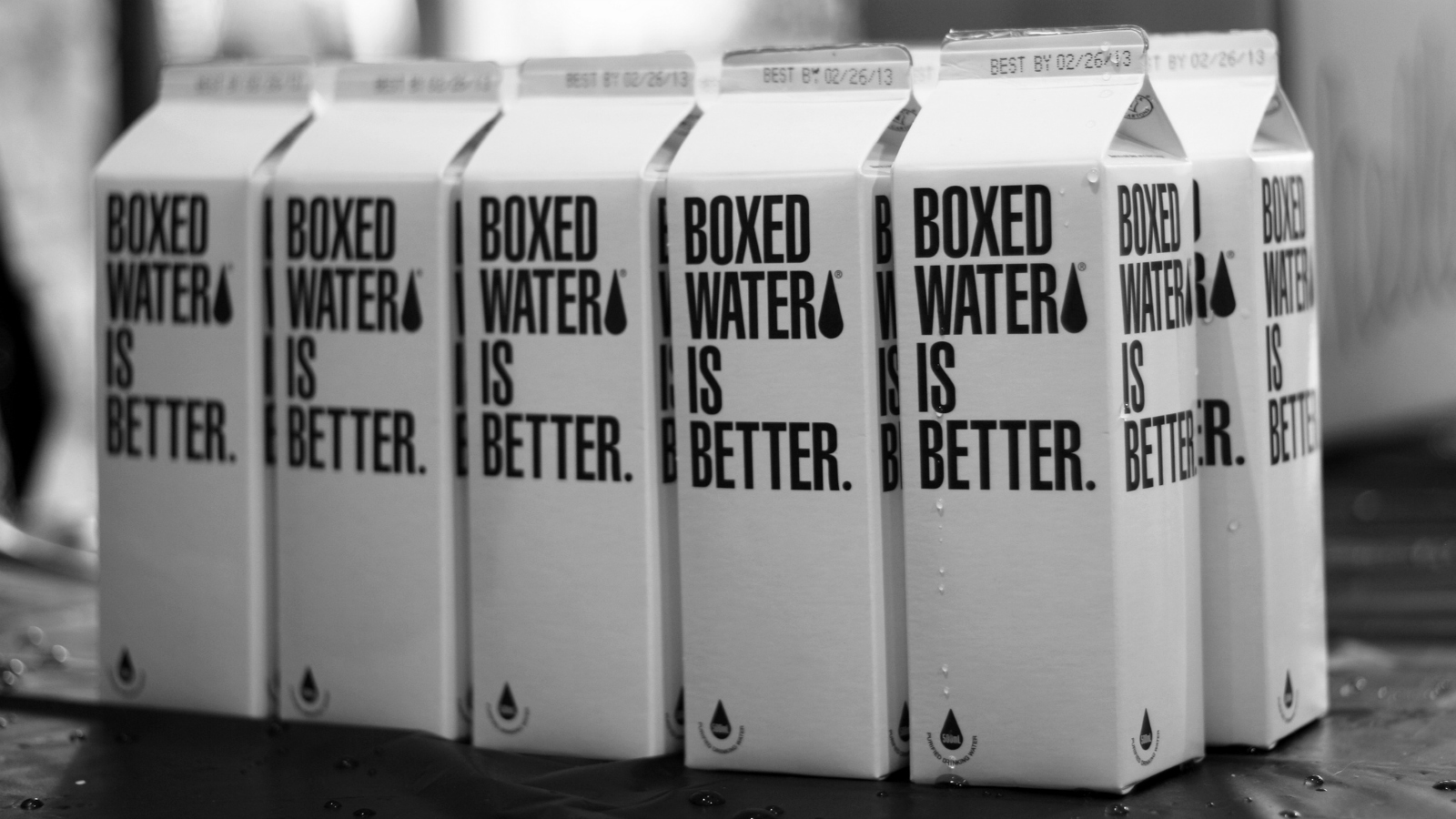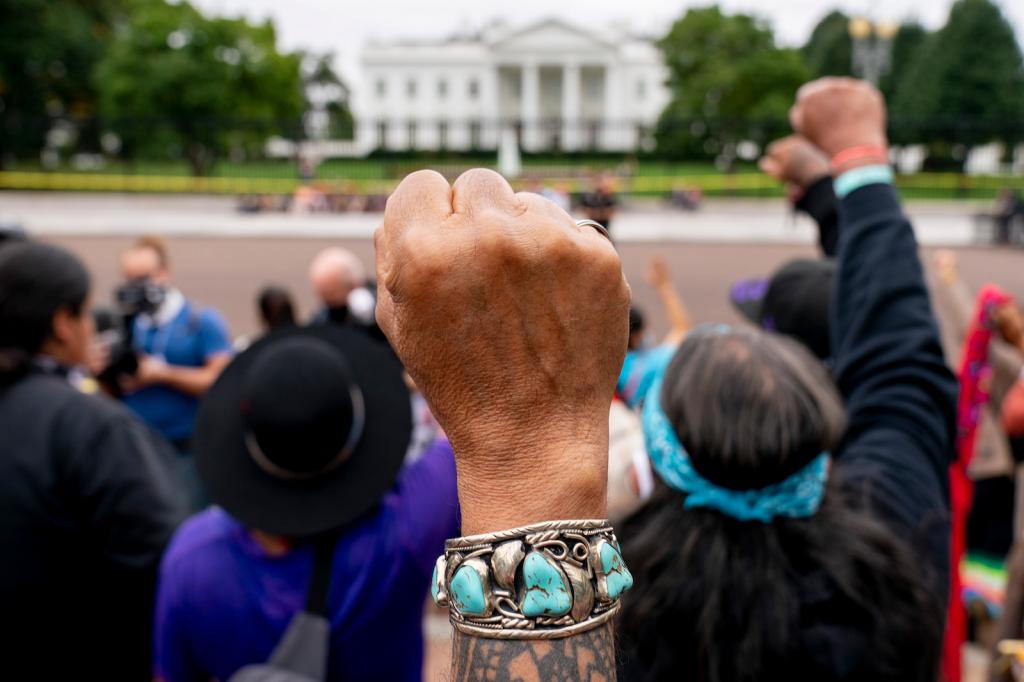Q. Dear Umbra,
Recently a new water container has arrived on the market, called Boxed Water Is Better. I feel skeptical about its use of “renewable trees” in the packaging and the eco-friendly mantra the company is parading. Is boxed water just another greenwashing campaign, or will this product actually make a long-term difference?
Samantha
New York, New York
A. Dearest Samantha,
Welcome to my Team of Skeptics! Together we roam the globe, looking for dubious eco-claims, suspicious green bona fides, and fishy “facts” of all kinds. We well know that just because a company markets its products as environmentally friendly doesn’t mean they truly are. Some brands pass muster, and three cheers for them. Some don’t, and that’s where the Team of Skeptics comes in. We’re glad you’ve joined us.
Your instincts are spot-on in flagging boxed water for a closer review. The company’s very name demands a raised eyebrow and an “Oh, really?” (I don’t mean to jump all over Boxed Water; competitor Just Water raises the same questions.) So, is it actually better? To paraphrase Rev. Lovejoy: “Long answer, ‘yes’ with an ‘if’; short answer ‘no’ with a ‘but.’”
Let’s look at the long answer first. Packaging water in a carton is better if your alternative is plastic or glass bottles — probably. Boxed Water Is Better (which isn’t exactly new, by the way — the company debuted in 2009) comes encased in what’s called an aseptic carton, the same type you see holding coconut water, soymilk, and soups. The brand promotes the fact that 76 percent of its carton is paper, but the rest of it is a complicated layer cake of polyethylene plastic and aluminum.
Now, the high paper content is a good thing: Trees are indeed renewable, while petro-plastic is not. And Boxed Water’s packaging supplier, Elopak, gets its paperboard from sources certified by the Forest Stewardship Council, a trustworthy group. But the carton’s mishmash of materials poses recycling challenges: Some communities have the technology to separate it all out for recycling, and some don’t. The Carton Council runs a mail-in recycling program that you could use if your local recycler can’t handle this type of container, but most carton-buyers are dropping their empties in the trash, not the mailbox. On the other hand, glass and bottles made of No. 1 and No. 2 plastic are at least widely recyclable.
More importantly, though, water-in-a-box does score a clear win on climate impacts because of its lower transportation-related CO2 emissions. Boxed Water trucks empty cartons to its filling stations packed flat, fitting 26 trucks’ worth of containers into a single truck — better than plastics can do. And after the aseptic cartons are filled, they beat out glass bottles in terms of shipping impact because they weigh less.
But let’s move on to the short answer now, Samantha. Is boxed water actually better? No, but … actually, scratch that “but” and just go with “no.” Positioning cartons as a great alternative to bottles is a false choice. Single-use water containers are hugely wasteful of raw materials and energy, no matter what they’re made of. And what’s worse, they’re completely unnecessary (except in emergency situations and Flint-style mass contaminations), as we Americans have a free, clean water source standing by in our faucets. Some boxed water brands freely admit this. Your real alternative to packaged water is a refillable bottle and good old tap water, which single-serving containers will never beat.
But what about those times you just need to grab a quick quaff? You don’t. I’m sorry to be so blunt, but there has been enough waffling over which disposable container is least bad. Bottled water has rightly been called “the most wasteful indulgence in the first world,” and cartoned water is no better. You know what would be truly green? All of us planning ahead and carrying around a reusable water bottle, so we never have to worry about the impact of our hydration habits again. That’s the kind of no-nonsense approach I know my Team of Skeptics can get behind.
No-more-excusesly,
Umbra


